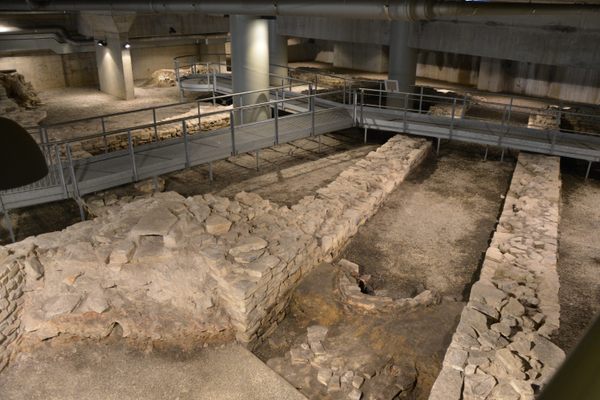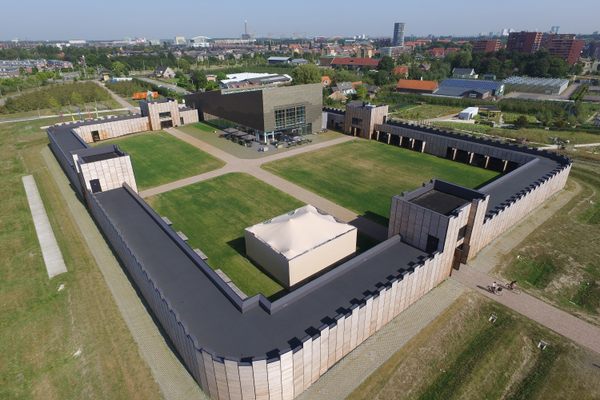About
On the beach near Cramond lies a massive rock with an unusual and unique moniker. Professionals have indicated that this aged carving showcases the presence of the Roman army in the region sometime between 140 CE and 200 CE.
To help visitors decipher the cryptic image etched into the stone, one might have to imagine what was often depicted on the shields of the Roman military. Just above where the information placard is positioned, visitors can make out the representation of the body of an animal. Then, on either side are what appear to be spread-out wings. This is a stone illustration of an eagle, a symbol often associated with the Roman army.
Historic Scotland's plaque reads: "The worn carving above has been supposed to be an eagle carved by the Roman garrison of Cramond. Whether it is an eagle or whether it is Roman is uncertain."
The discovery of The Cramond Lioness along the banks of the River Almond in 1997, adds historical credence that the Romans did extend this far north into the United Kingdom.
Related Tags
Know Before You Go
One has to be willing to walk or cycle, as there is no accessible route by car to get to the rock itself. It's a 40-minute walk along the River Almond starting from the village of Cramond.
Alternatively, one can park at Miller & Carter Brig Restaurant and then travel 30 minutes to the beach along the John Muir Trail.
Flavors of Scotland: Beyond the Haggis
Smoked seafood, single malt whisky, and warm hospitality.
Book NowCommunity Contributors
Added By
Published
July 19, 2021



































































